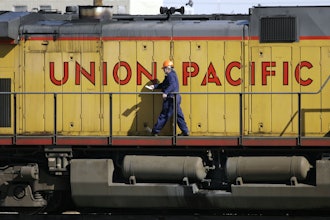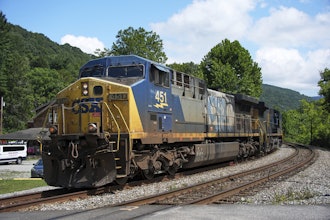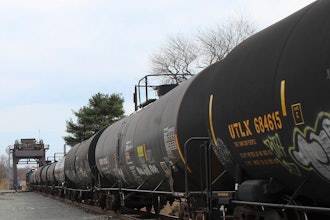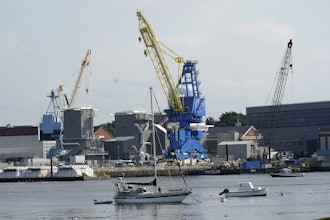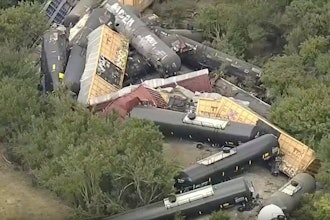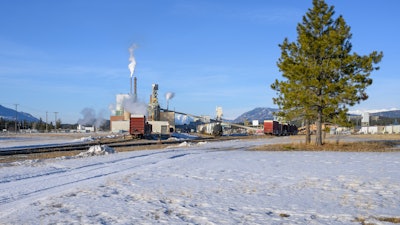
CALGARY, Alberta — Representing an important win in the bottleneck battle faced by Western Canada's resource industries, Buffalo Rail & Infrastructure Corporation on Tuesday announced a $7 million acquisition of Canfor Pulp Products' pulp mill assets, including more then 300 acres of heavy industrial land, in Taylor, British Columbia.
The property will be repurposed over time into a multi-use industrial distribution and logistics hub focused on serving the region's energy, agricultural and forestry industries.
"This exciting multi-phased, multi-year development provides a much-needed solution to meet changing logistics and supply chains needs across multiple industries and sectors in Western Canada and beyond." said Jarrett Zielinski, president and CEO of Buffalo. "Phase 1 is just the beginning. The features on this site provide boundless opportunity to support the industrial growth forecast for the region."
With an estimated $50-plus million capital investment, the first phase of development is anticipated to relieve energy industry bottlenecks impacting industrial participants in Northeast BC and Northwest Alberta regions. Phase 1 will see approximately 100 construction jobs and 30 full time permanent jobs on the site and is expected to become operational around Q2 of 2025.
"This is just one step in responding to "the perfect storm" of post-pandemic supply chain challenges confronting North America and the world," Zielinski said.
"We appreciated working with Kevin Edgson and the fine folks at Canfor Pulp Products Inc. on this transaction," added Robert Reimer, chief financial officer of Buffalo. "We're pleased that we were able to establish new uses for the former mill that optimize some of the critical features of this site to meet key infrastructure gaps, enabling Western Canada's resource industries to keep pace with evolving global supply chain shifts."












